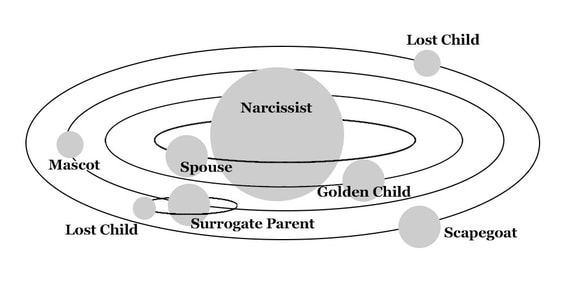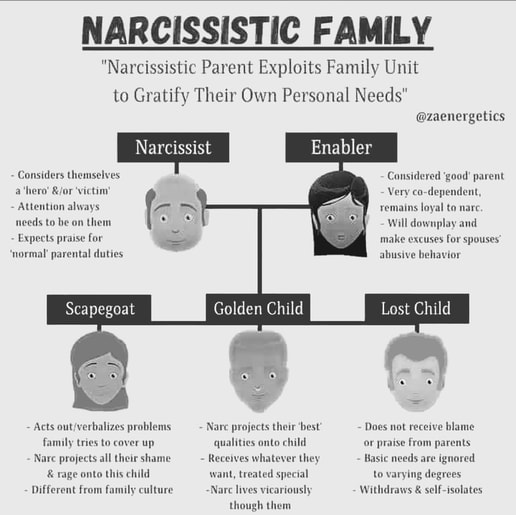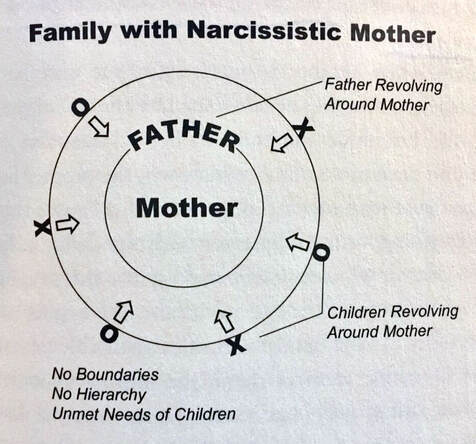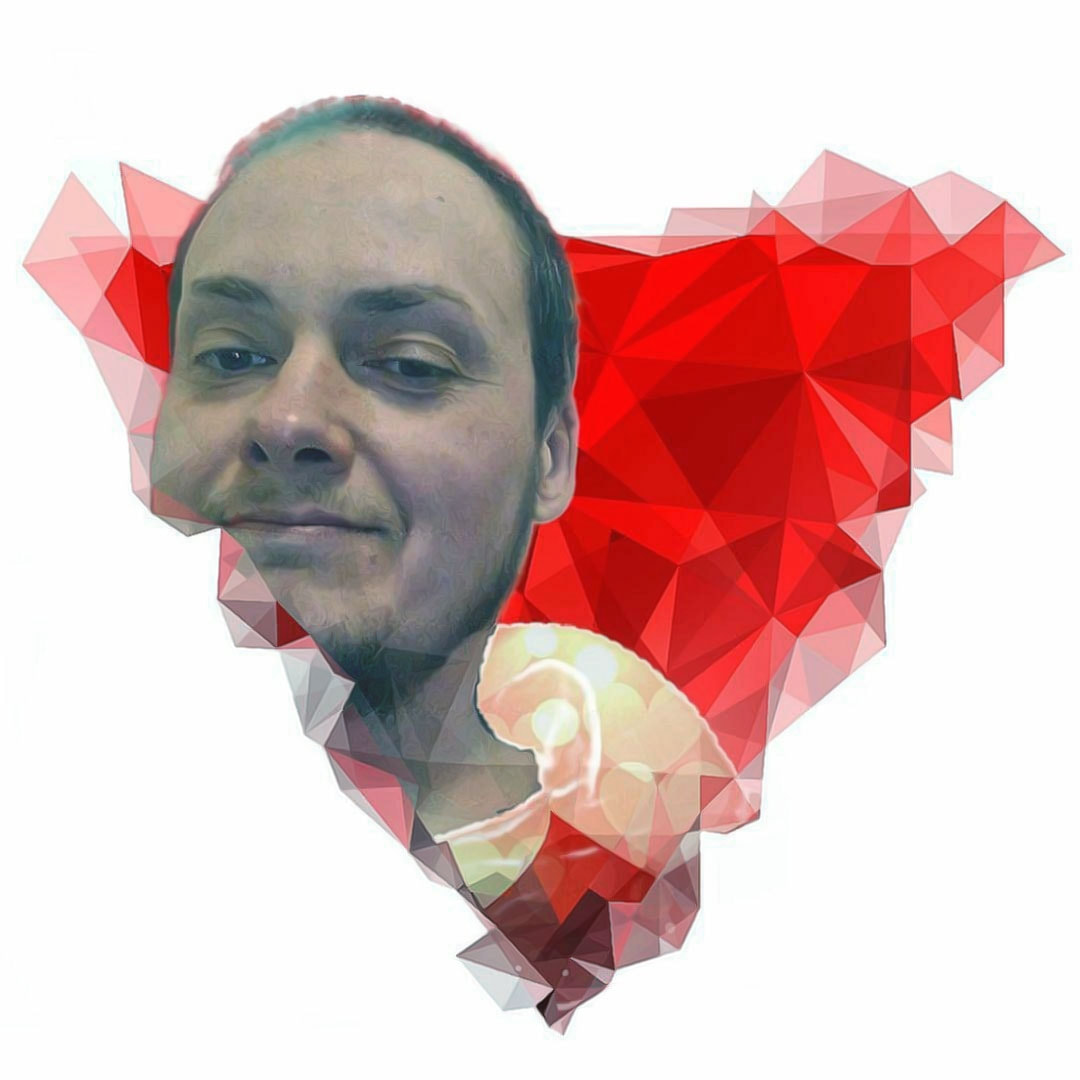|
So bit different topic now and bit different moods. Working on relationships is somewhat more joyful and easy topic. Why narcissism is so common topic in community these days? I think it's because this is some sort a "new fashion" to talk about (like it was to talk about millennial's self-entitlement), I never saw so many groups and so many people smashing their narcs: usually those are their ex boyfriends/girlfriends or at least they put it this way... And not less often these screamy, super judgmental people seem to be more of a narcs than those they blame.. I am not telling that's the fact but for me they seem exactly that: loud, proud for "not longer being a victim!", telling stories about some wide known killers and molesters and how now they are glad, they got away from their terrible, horrible, super abusive lalala ex partners... Well, usually, that's the stories I see. Sometimes it's about their parents or similar, that I would believe could be more realistic, still... It might be just usual show-off of seriously "professional victims", not that they are earning from it but... In these times, when people are reading loads on PTSD, trauma healing.. abusive authorities, political correctness, safe zones so on... Everything became slightly upside down reality, where people, who are able to prove they were abused, are more worshiped than people, who were really abused, are helped... Where people, who are not complying to this insanity but aren't abusive are blamed and punished for it no matter what. We live among liars and manipulative parasites and more unconscious you are about your-self, the more damage you bring.. the less you can't get bravery to step out of your "my usual me" and become more real you, even if hated by so many... you're helping to bring more lies... If a ugly duckling wouldn't break out of his cave for not getting abused, he wouldn't see, who he became. Again, it's not that there isn't narcissism in families and relationships, there is plenty of that, still.. That big bubble blown out of it just doesn't match with statistical spread of cluster B disorders (including psychopathy and similar) and it counts only 1-6% of population (source). But of course that can be very usual gap between reality and media... since now days we can take so many similar example, like this as well: so many are super screamy about almost every second young person "becoming" a transgender versus statistics showing that at least in 2016 they counted only 0.5 to 0.6% of population identifying as such in US (source). It's just hard to understand all... especially, when people get so loud and overwhelmingly big experts in knowing, who's narcissist, who's molester, who's playing a victim, who's trans, who's transphobe, who's whatever. How ever, it's tiring. How ever :D we all have some narcissism in us and it is healthy... Since we all are bit of the babies and still have moments, where we seem to be centre of the universe and have no boundaries, being united in oneness with someone, something.. Taking someone as a part of us, of our life - seeing another one as a baby, being part of someone's world, of someone.. You know, how you say to someone, who you really love: "You're my baby", "baby, come back :D". And we need authority figures in our lives too as a person or some personification: organisations, some fiction figures, god/gods, musicians, establishments, authors. To guide us, someone, something to follow in our life, to learn, to trust our growth with them, it's essential for our personal lives and our carers. We pick our partners, who are similar to our masculine/feminine caregivers, usually similar to our dad/mom. We unconsciously want to be similar to those too :) even if opposing the in rebellious way, the more we protest against them, the more passionate we tell how important that person/personification is for us. Ok, and narcissism evolves during infanthood, when baby can't get proper care and enough of that care: he/she is abused or neglected or both... So after growing up, these people do anything to simply "fix" that: to get proper care and enough of it, even, if they aren't babies anymore. And since babies have to get it unconditionally because they are babies, so, when adult tries to unconditionally be a centre of the universe for others on and on, it is not gonna be ok for no one....No one has to take care of any other adult without some reason... and you can't be punished for it, of course... that doesn't help people, who didn't get that care, while they were babies. In my eyes therapy and re-parenting one's self could help a bit though, some techniques might help, there are some games developed, where you can interact with your-self as, if you where your own parent or a child, so on. One way or another, let's talk about the kids raised by parents (or one of the parents), and, if those parents have higher narcissism traits or simply can't deal properly with that. Usually in these families children are classified and loved differently (can be that there are no boundaries and hierarchy at all; or it changes between inadequate roles and no boundaries depending on the most narcissistic parent's moods): there is black-sheep or scapegoat - the doomed, troubled child, lost child - this one is just the one, who never get's attention, he's simply forgotten and the golden child or family hero - the gifted one, the champion. And then each of these children develop some syndromes over the time, black sheep/scapegoats have Stockholm syndrome, golden child has a Jocasta complex, so on. In other descriptions there can be more roles put on children: there can be mascot - clown in the family like Robin Williams, also surrogate parent or caregiver - child, who care about other children in the family. Schematic pic, when father is more narcissistic: Picture, when mother is more narcissistic: Whole universe in huge narcissistic family:  Anyway, in my further entries, I will discuss more of those black-sheep and scapegoats roles, since while being the leader of some LGBT+ projects I see these types of people are most often met in there. They pretend to be better than anyone and then suddenly you realize they usually feel as, if they are the most incapable one in the room, doesn't matter what room and among what people... Although they really can see through a lot of shit and they really can't just be ok with that. Brilliant pushovers usually... with some talents and areas, where they are quite secure and safe people. Black sheep or white crow, in general, means being different from others, so... naturally, in countries, where LGBT+ is still somewhat taboo, like in Lithuania as well (talking end of 2021 now), those children are usually pushed into the black-sheep role in the families by definition. Unwanted children, weakest, weirdest, etc., could be based on gender too, whatever reason, there is no real reason for this anyway. These two buddies, - black sheep and scapegoat, will be your characters for new adventures in the realm of the crazy world of narcissistic behavior: Small festive gift: the film with English subtitles about a child pushed into the role of a black sheep in his family, later they decided to lose him. But! he was accidentally re-discovered and got back on his feet by the efforts of a complete stranger :) So.....please, enjoy!
0 Comments
Leave a Reply. |
This is my blog about self-knowledge, self-work, emotional healing, growth, psychology, philosophy in general and other related themes. Archives
May 2024
Categories
All
|





